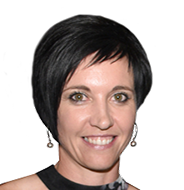

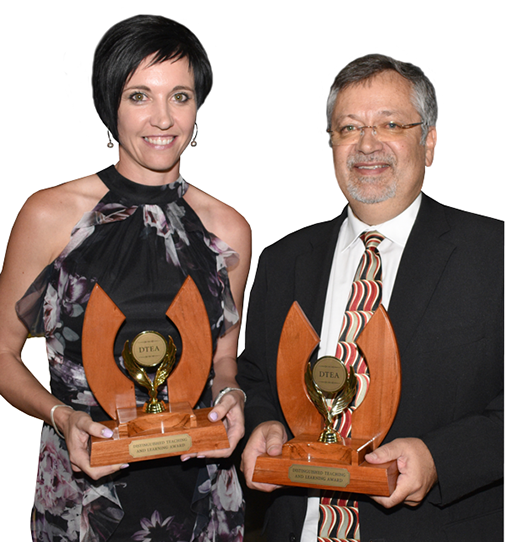
HATS OFF TO THE BEST OF THE BEST
They don’t teach, they inspire. They are our star lecturers who ignite the imagination and instil a love of learning.
Two of our brightest stars, Prof Juaneé Cilliers and Prof Alfred Brunsdon, walked away with the top awards at the Institutional Teaching Excellence Awards ceremony (ITEA) on 14 March at the Snowflake venue in Potchefstroom.
Juaneé, a lecturer in the Faculty of Natural and Agricultural Sciences and Alfred, who is from the Faculty of Theology, received the coveted Distinguished Teaching Excellence Awards (DTEA).
Juaneé is the head of the Urban and Regional Planning group, as well as the leader of a research programme in the Unit for Enivronmental Sciences and Management. She is well known as the host of a weekly environmental radio programme, Omgewingspraatjies, on Radio Sonder Grense.
Alfred is an associate professor, subject chair and subject programme leader in practical theology at the School of Christian Ministry and Leadership. His teaching philosophy rests mainly on the belief that the lecturer is responsible for creating a learning environment that is meaningful for the student in the open distance learning environment.
Why the awards are made
The awards acknowledge lecturers for their commitment and dedication to student success and encourage academics to develop in the field of teaching and learning as university teachers.
Awards were presented in three categories, namely the Emerging Teaching Excellence Award (ETEA), the Teaching Excellence Award (TEA) and the Distinguished Teaching Excellence Award (DTEA). This is the fifth year that the awards have been given in these categories.
Thirty-six academics received awards. The Faculty of Health Sciences produced the most winners overall with eight awards, followed by the Faculty of Economic and Management Sciences and the Faculty of Humanities with seven awards each.
What the different categories are about
The ETEA rewards emerging lecturers and the TEA established lecturers for excellent teaching.
The DTEA endorses excellence and commends distinguished scholars for leadership and achievement in the scholarship of teaching and learning.
Participants in the awards must comply with at least 80% of the criteria in the individual categories and submit a reflective portfolio. There is also observation of at least two learning opportunities, one of which is unannounced.
The reflective portfolios of DTEA winners are moderated internally and externally.


This year’s recipients of the Distinguished Teaching Awards are Prof Juaneé Cilliers and Prof Alfred Brunsdon. They were honoured during the Institutional Teaching Excellence Awards ceremony.
Prof Liqhwa Siziba gives a moving tribute to the late Dr Annelize Cronje for her valuable contribution as a staff member of the Centre for Teaching and Learning.
Juaneé says teaching is not a solo race. “There are many people who contributed to the journey – from the third-year planning students of 2018, to all my colleagues.”
She says the DTEA Award means that lecturers have the power to transform their environments, cities and country. “As lecturer you are in a very powerful position. You receive the chance to change the future by inspiring the young generation.
“We are entering a trans-urbanism era where academia stands central to developing socio-emotional intelligence as a soft skill for future leaders.
“We need generative leaders that can co-create spatial innovations, and that would require a greater emphasis on experiential learning.
It is through such inquiry-based approaches that we can co-produce knowledge and teach our young generation to become agents of future change who can tackle the big challenges facing our country and our earth.”
Jannie Putter, the guest speaker at the event, is an alumnus of the NWU. He is currently working as mental coach to the Lions rugby team.
AND THE WINNERS ARE…
(Click here to read more.)
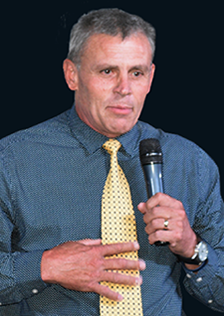
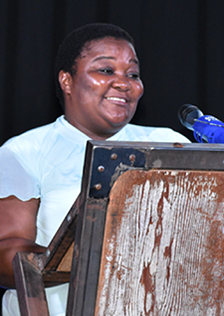
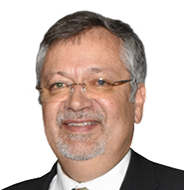
“Receiving this award has energised me tremendously as a lecturer. It is a great motivation to be recognised for the work you do and when interest is shown in this way by your employer,” says Alfred.
He sees the commendation as encouragement to keep on innovating and developing his skills as lecturer.
Alfred has developed two modules in theology (homiletics and pastoral care) in an online open distance learning environment.
“An online approach to open distance learning meant that modules had to be ‘pre-packed’ on eFundi as opposed to traditional open distance learning ‘broadcasts’.
“This process was carried by my teaching and learning philosophy which is to create a meaningful and self-directed learning experience with a sense of community in an online environment," he says.
“The ITEA process also gave me an opportunity to reflect on my research pertaining to the decolonisation of the curriculum and how my research findings can be applied in my teaching and learning practices.”
![]() SCROLL
SCROLL
![]() SCROLL
SCROLL
![]() SCROLL
SCROLL
